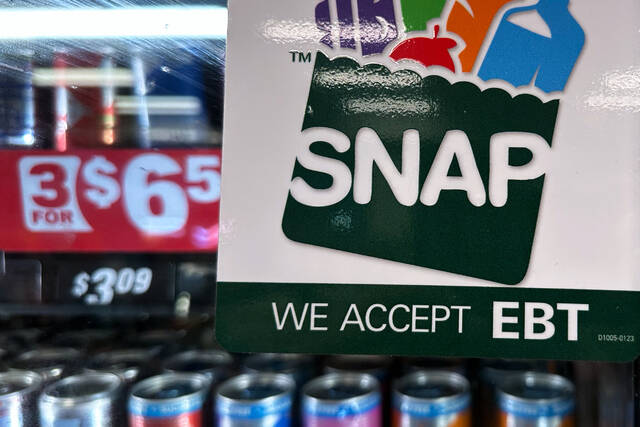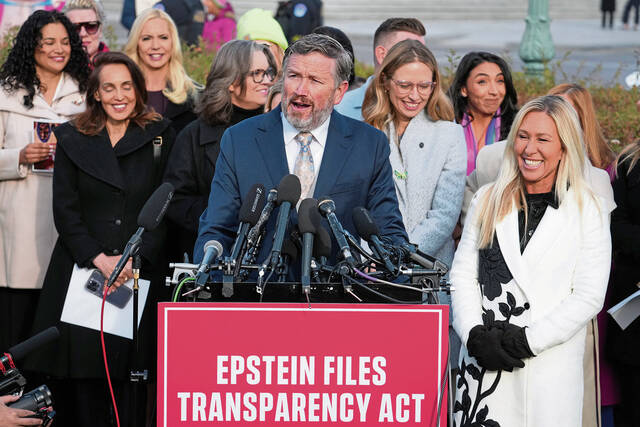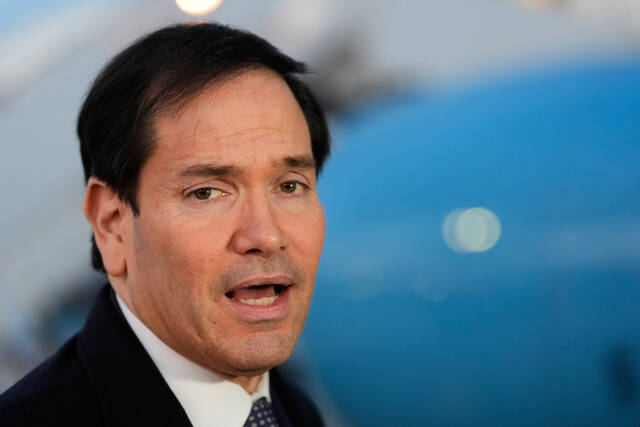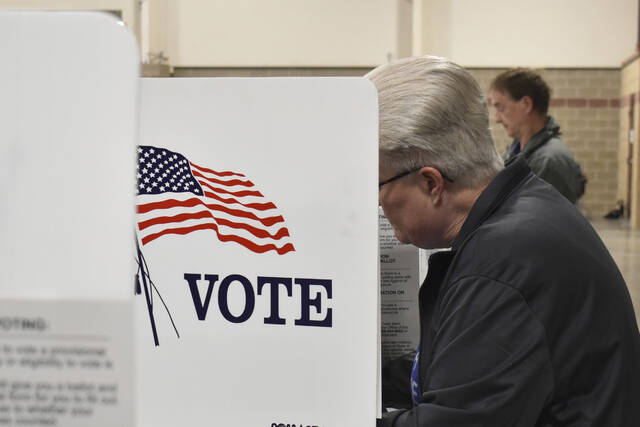Last month, the Trump administration considered rescinding CFM International’s export license to China. A General Electric joint venture, CFM has provided the Chinese airline industry with engines since the 1980s. This decades-old partnership is a lucrative one: In 2017, China Eastern Airline’s orders from CFM totaled $3.2 billion.
The partnership is also self-destructive. Beijing works with CFM in order to subvert it. Through the “Two Machines” national special project, the Chinese Communist Party (CCP) directs its companies to partner with General Electric in order to obtain their technology. China then subsidizes those state champions so that they can outcompete the company whose technology fuels their rise.
This is a classic page out of China’s industrial warfare playbook; a shrewd offensive that uses American systems in order to undermine American prosperity and security.
The deadly spread of coronavirus has largely overshadowed the CFM story. It should instead amplify the significance of supply chain risks and parasitic partnerships: The American vulnerabilities that coronavirus reveals highlight the danger of China’s industrial offensive.
Since the early 2000s, Beijing has been applying the same playbook to medical supplies and pharmaceuticals. It has set up joint ventures and research partnerships to obtain foreign technologies and information. It has subsidized its state champions to permit predatory pricing. It has gamed standard-setting bodies and regulatory systems. Today, China supplies 95% of U.S. ibuprofen imports and 80% of U.S. antibiotics. On Feb. 27, the FDA acknowledged the first China-induced key drug shortage. That acknowledgement comes more than 15 years after China’s pharmaceutical cartels shuttered the last American penicillin plant.
Gradually, Beijing moves up the supply chain, acquiring more advanced technological capabilities. It builds state champions designed to overtake Western innovators on innovation from Western innovators. Beijing acquires — as a Chinese report on “Two Machines” put it last month, while the U.S. debated the CFM export license and coronavirus started to spread — “both the crown jewels of the industrial field and critical strategic tools of national security.”
Beijing has played this game out in most legacy industrial sectors. China’s tire champions XC Rubber, Linlong and Lionhart are built on the empty tire factories in Akron; Baosteel in the steel mills in Pittsburgh. Conventional wisdom calls these examples of division of labor among emerging and developed economies; the natural — and mutually beneficial — outcome of a globalized world.
Follow China’s steps one beat farther and the threat emerges. After the Chinese tire champion gobbles up the low end of the industry, Beijing directs its capital and subsidized champions upward, acquiring Pirelli, key intellectual property, brand value — and with them the entire industrial chain and those that depend on it. Beijing recognizes that the positives of free markets and division of labor end at monopoly and network control. Beijing picks off individual players, fields and domains step by step, accepting loss, low margins and slow movement where necessary, until it sets the rules.
Beijing picks its targets based on a strategic plan to overtake the United States in tomorrow’s determinative military, economic and technological domains. The threat from China’s industrial strategy far exceeds a hollowed out industrial base; the damage is already apparent in Ohio and Pennsylvania. It exceeds, even, the danger of battling covid-19 with constrained medical supplies. Beijing is bidding to set the foundation for future networks, standards and platforms. Through those, it intends to set global rules.
America needs to take this threat seriously and respond to scale. The existential dependence coming to light in the context of the coronavirus crisis should be resolved — and should not be allowed to extend to other critical fields. Meanwhile,
U.S. political leaders must define positive, alternative strategic visions for American military, economic and technological futures to guide government investment, rally U.S. industry, and activate traditional U.S. allies and partners.
The covid-19 crisis requires immediate attention. Washington would do well also to look for opportunities amid the crisis. That is what Beijing will be doing.
Nathan Picarsic is a Pittsburgh resident and native of Westmoreland County. He and Emily de La Bruyère are co-founders of Horizon Advisory, a strategy consultancy that helps U.S. companies, investors and government agencies understand and respond to the implications of China’s approach to global competition.








